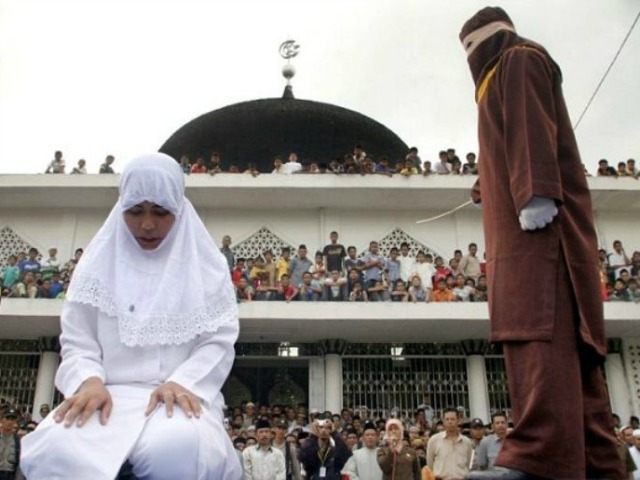TEL AVIV – A Saudi academic has called on Muslims to adapt themselves to the modern age by reforming mosques to be more like churches, with mixed prayers, seating and dim lighting, and to change the “fanatical and sexualized” perception of women by allowing them to take on leadership roles within the religion.
In an interview with liberal Arab website Elaph, published earlier in the year and translated last week by the Middle East Media Research Institute (MEMRI), Dr. Najat Al-Sa’eed, a Saudi communications lecturer at Zayed University in Dubai, said that “Islam is the only monotheistic religion that has not adapted to the modern age.”
The process of modernization must begin by modifying the rituals of worship, Sa’eed said. She outlined her plan for architectural changes to the internal layout of mosques, so as to include men and women side by side in prayer.
“Islam does not forbid them to mix,” Sa’eed said, noting that the Haj (pilgrimage to Mecca) is mixed as are prayers at the Mecca compound.
Muslims are distinguished by loudness and disorder, and men and women are not accustomed to gathering together in places of worship. Sadly, most Muslims’ perception of women is fanatical and sexualized, far removed from spirituality and rationality. Hence, building mosques of the type [I propose, and having men and women] meet each other in a spiritual environment on a regular basis, will improve the relationship between the sexes and will have a positive cultural impact on society as a whole.
The main goal we should pursue is to enlighten society by studying Islam from a cultural perspective that fosters equality and mutual respect between men and women instead of segregating them as though they come from two different planets. Let’s make mosques similar to churches!
Her description of an ideal mosque does not, however, have women and men sitting together. Instead, Sa’eed envisions a seating area divided into two sections for women and men, and a separate platform divided into two areas for prayers. Sa’eed would also like to see the introduction of dim lighting “to create an atmosphere of spirituality and inner calm.”
Asked whether Muslims would take issue with the idea of chairs in a mosque, Sa’eed answers:
Everything is difficult at first, but I do not understand why Islamists and conservatives should object to seats in mosques when they do not object to the construction of Western-style skyscrapers around the [Grand] Mosque compound in Mecca. … It is unreasonable to object to having seats in a mosque [just] to avoid any resemblance to a church. After all, most moderate clerics preach tolerance and rapprochement between the religions, so why shouldn’t a mosque resemble a church? Everyone [on earth] sits on chairs, and I have never heard that sitting on a chair is forbidden or reprehensible.
“Getting used to sitting in chairs in an orderly manner and praying in soft voices under dim lighting will gradually refine Muslim behavior,” she adds.
While Sa’eed doesn’t think the Arab world is ready yet for female imams – as has happened in Europe – she believes that women should start taking on official roles in Islamic jurisprudence, and Muslim societies should be open to publishing religious books by women and airing religious television programs presented by women.

COMMENTS
Please let us know if you're having issues with commenting.